At a glance...
More than anything else the case of World Masters Games 2017 Limited v Mastercard International Incorporated [2016] NZIPOTM 21, along with other recent decisions, serves as a warning to trade mark owners and to their counsel that tolerance for poor pleadings and irrelevant evidence in opposition proceedings is waning.
Trade mark opposition proceedings are highly evidence dependent and can be complex and resource intensive. They require early and ongoing commitment from trade mark owners and, therefore, should not be undertaken lightly. The early involvement of specialist intellectual property advisors to assist you through the mine field is a must.
Two heavy weights, each with substantial reputations have recently come head to head in a New Zealand trade mark battle in World Masters Games 2017 Limited v Mastercard International Incorporated [2016] NZIPOTM 21.
In this matter, Mastercard International Incorporated (MasterCard) owners of the following marks, among others;
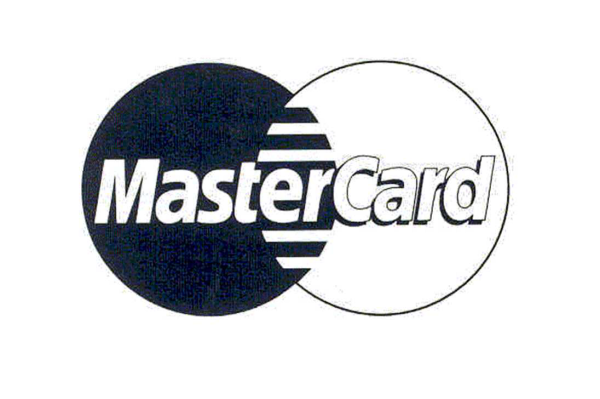
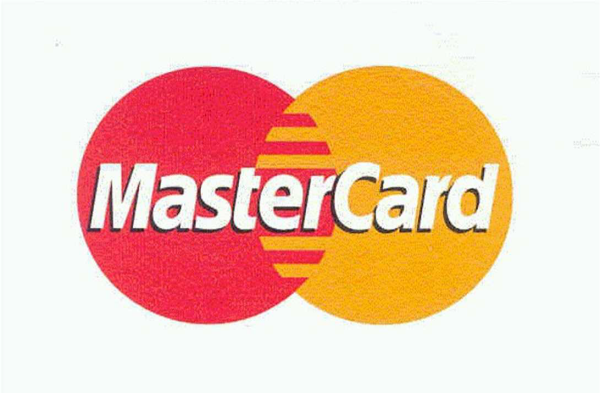
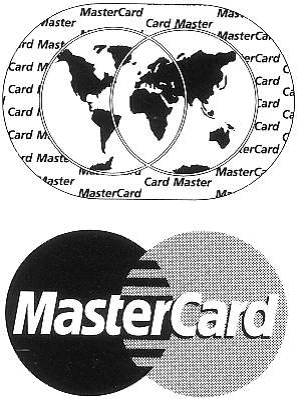
objected to registration and use of the following trade mark developed by World Masters Games 2017 Limited (WMG)
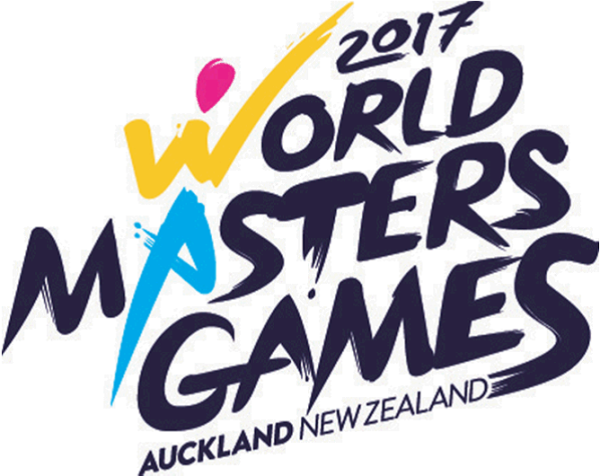
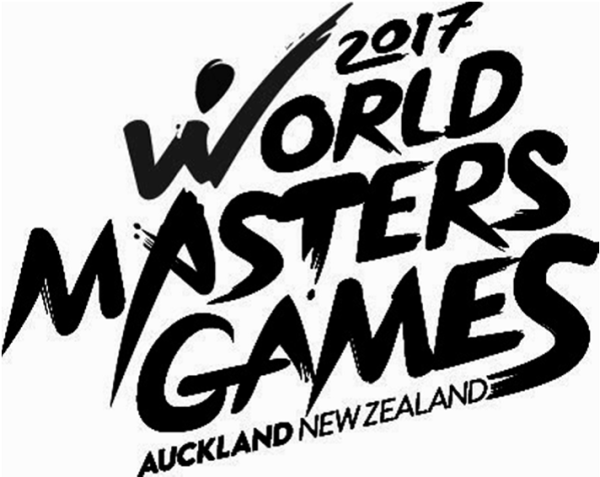
This opposition was never going to be an easy win for MasterCard. Despite an extensive reputation in New Zealand in the word mark MASTERCARD and the device trade marks shown above, Assistant Commissioner Natasha Alley’s decision was based on standard legal principles associated with trade mark comparison:
- the word MASTER (meaning superior or principle) and MASTERS (meaning someone over the usual age for a sporting competitor) have well recognised meanings and when used in the trade marks convey very different concepts to consumers;
- similarly, given widespread knowledge of the games, the word WORLD in WMG’s trade marks would be viewed by consumers as meaning competitors would come from around the world whereas the map in the MASTERCARD trade marks conveys the idea that MasterCard operates globally;
- the relevant devices were very visually distinct despite some minor shared colouring;
- WMG’s trade mark when spoken was aurally very distinct from any of MasterCard’s trade marks; and
- the similarity or near identical nature of some of the goods for which WMG sought registration when compared to those for which MasterCard has registered its trade marks, did not outweigh the significant differences between the comparted trade marks.
The relevant trade marks were, therefore, visually, aurally and conceptually very different. On that basis, MasterCard failed on all grounds of opposition requiring a likelihood of consumer deception or confusion through use of WMG’s trade marks.
While the Assistant Commissioner’s decision is not ground breaking from the perspective of trade mark comparison, it does provide food for thought for potential opponents on both procedural and evidential grounds.
In the past, opponents have been able to “get away with” filing reasonably poor supporting evidence and pleadings. Recent Intellectual Property Office of New Zealand decisions[1] clearly signal the need to make pleading and evidentiary practice far more rigorous and precise. They have also foreshadowed moves to punish poor procedure with increased cost awards.[2]
This decision is no exception. When considering the grounds requiring MasterCard to prove a reputation in the relevant trade marks, the Assistant Commissioner criticised MasterCard for loosely defining the trade marks on which it relied as “the trade mark MASTERCARD, and a range of other marks incorporating MASTER”, politely referring to such a loose description as unhelpful. She then moved to exclude from consideration almost all of MasterCard’s 90 trade mark registrations as pleaded in the Notice of Opposition with the exception of the plain text MASTERCARD, WORLD MASTERCARD and MASTERCARD WORLDWIDE trade marks and the devices detailed above. Why? These were the only trade marks out of the 90 pleaded for which MasterCard had filed any evidence potentially supporting a reputation in the trade mark.
Even where MasterCard had filed the most comprehensive reputation evidence, in relation to MASTERCARD WORLDWIDE, Assistant Commissioner Alley did not consider it met the required threshold to establish a reputation in New Zealand. The trade mark was referred to in overseas websites that were not specifically directed to the New Zealand market and where it was referred to on New Zealand websites, there was no evidence as how many New Zealand consumers had seen the trade marks so as to establish cognisance. In addition, documentary evidence of use was dated 2010 and 2011, three to four years prior to the relevant date, and there was no evidence as to whether or not New Zealand consumers had even seen such use. Assistant Commissioner Alley had, therefore, no evidence that MasterCard continued to promote the trade marks after 2011.
So why file opposition proceedings where the trade marks are, in the words of Assistant Commissioner Alley, substantially different? Trade marks owners often consider that opposition proceedings are tactically necessary to actively protect descriptive trade marks, in order to warn off others and/or protect their trade marks from the erosion of their hard won distinctive character. So perhaps the biggest take home message from this decision is not that the trade marks were substantially different but rather that all parties to proceedings before IPONZ need to “tidy up their respective acts” as poor pleading and irrelevant evidence will be dealt with rigorously. In addition, it is clearly no longer enough (and never should have been enough) to claim ‘use’ of a trade mark always equates with reputation; a link between such use and the claimed reputation in New Zealand must also be established by the evidence filed.
This article first appeared on WTR Daily, part of World Trademark Review, in December 2016. For further information, please go to www.worldtrademarkreview.com.
[1] Hays Plc v Ranstand Holding N.V. [2015] NZIPOTM 3 (unmeritorious pleadings); Green & Good Food Company Ltd v Monster Energy Company Ltd [2016] NZIPOTM 2 (unmeritorious pleadings and irrelevant evidence); Bluebird Foods Ltd v Griffin’s Foods Ltd [2015] NZIPOTM 9 (late procedural changes);
[2] So Systems Ltd v Soluxury HMC [2016] NZIPOTM 13 (increased costs).
